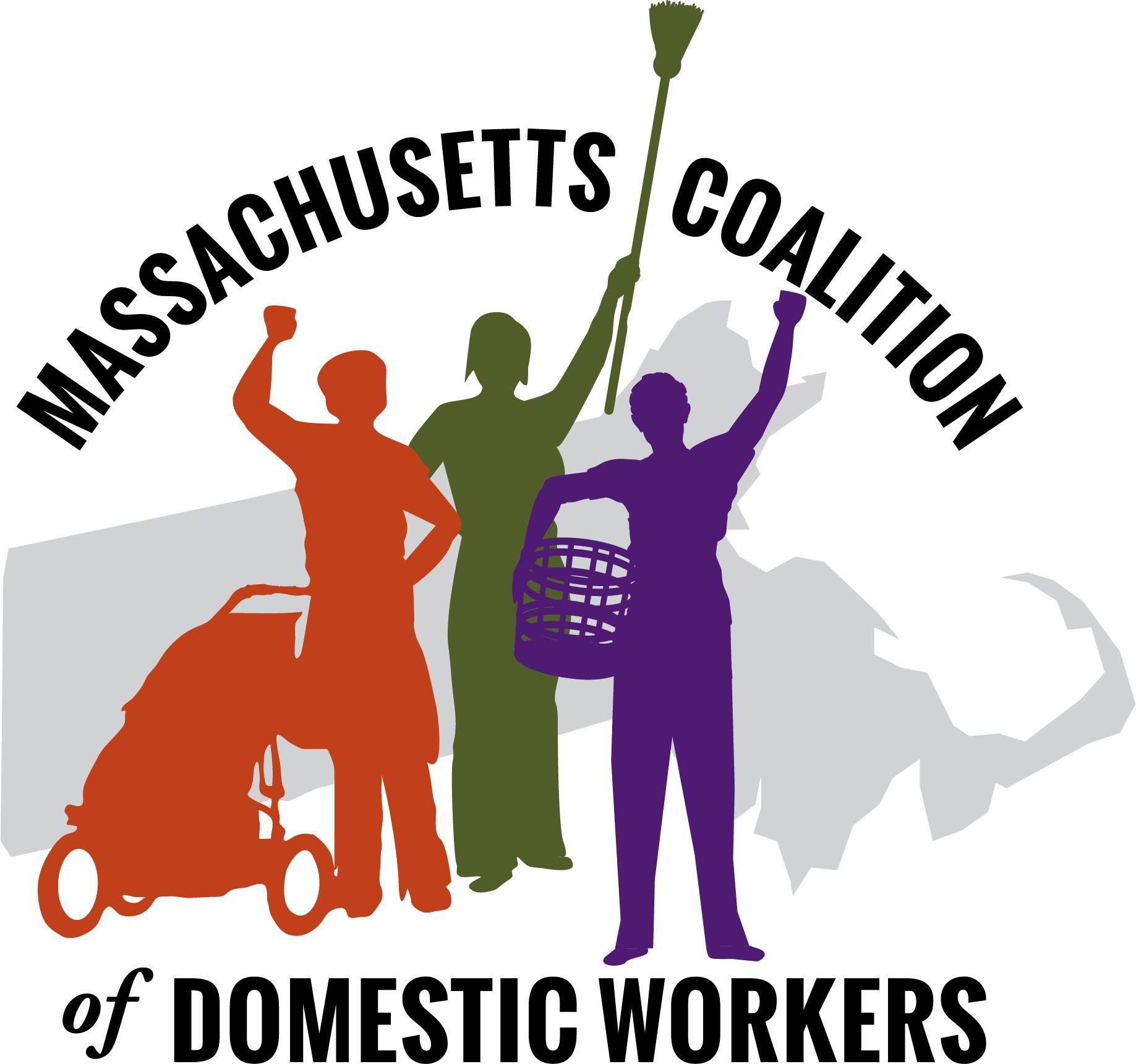-
Description text goes here
-
Description text goes here
-
Description text goes here
“Whatever it is, the way you tell your story online can make all the difference.”
“I appreciate the hard, under-respected and all-important work of caregivers and domestic workers.” - Beth (SURJB)
“My parents are aging and have health issues that make it hard for them to take care of what they need to around the house. Their cleaning person comes every other week and she has been helpful, supportive, and honestly a ray of light in their lives, often going above and beyond the baseline cleaning duties asked of her out of kindness and care. They have also had at-home physical therapists and nurse visitors at various times due to health needs which have been in some cases a literal life line.” - Kristen (SURJB)
“I appreciate the hard, under-respected and all-important work of caregivers and domestic workers.” - Beth (SURJB) “My parents are aging and have health issues that make it hard for them to take care of what they need to around the house. Their cleaning person comes every other week and she has been helpful, supportive, and honestly a ray of light in their lives, often going above and beyond the baseline cleaning duties asked of her out of kindness and care. They have also had at-home physical therapists and nurse visitors at various times due to health needs which have been in some cases a literal life line.” - Kristen (SURJB)

Capitalism emerged as an economic system in Europe, and European nations invaded other nations in order to commodify land, people, and raw materials to satisfy the economic model's need of ever expanding capital accumulation. By the 1600s, Spain, France, and Britain settler colonialism expanded to North America, a practice wherein they occupied Indigenous nations, enslaved people, and committed genocide.
They created conditions where Native peoples, especially those on the continents of Africa and the Americas, were forced into a racialized servant class. The creation of race to ideologically justify enslavement and genocide continued to impact how racialized people were viewed even if they were individually free under the occupying nation’s laws.
The servitude many were forced into (cooking, cleaning, laundry, spinning, weaving, agricultural labor, personal service, and childcare) are almost all forms of what we consider domestic labor today. The forced nature labor of these tasks and their association with (often trafficked) racialized subjects created the legacy of domestic work today.
Enslaved Black women forced into domestic labor were often the first to flee to freedom, take up arms in insurrection against slavers, and organized for abolition. In the chaos of the Civil War (1861-65), many engaged in what W.E.B. Du Bois later referred to as a “general strike of the slaves.” They escaped, fought, and disrupted global production of cotton. Enslaved people liberated themselves and fundamentally altered the economic model of the white supremacist settler-colonial country of the United States.
After the abolition of chattel slavery, many free Black women were limited to domestic work in private households to earn money, as they were already very skilled in these areas of work, and many white women were not willing to perform this work themselves. These workplaces were often extremely abusive, and domestic workers would draw on tactics of resistance from their enslaved ancestors in organizing and engaging in direct action.
The chattel slavery of Black women shaped the specific intersection of domestic labor becoming culturally feminized and racialized, an association that continues to influence people in power to not support basic labor rights for domestic workers today. The structures of settler colonialism and chattel slavery created and shaped our current understandings of gender and race, and these ideological identifiers continue to allow those in power to justify material oppression against Black women, Indigenous women, and other women of color.
Learn more at A History of Domestic Work and Worker Organizing